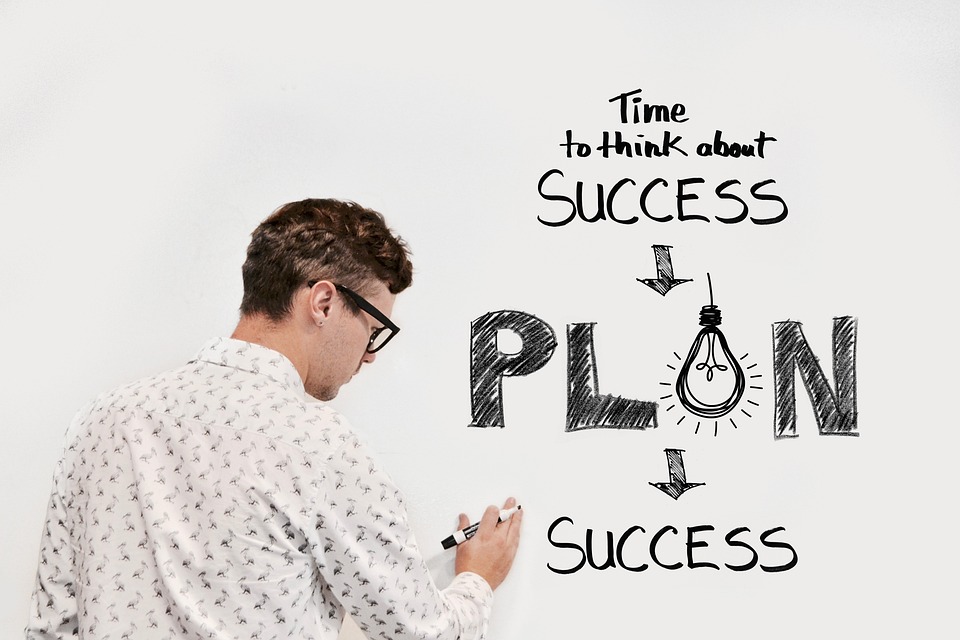сIt involves understanding one's thoughts, emotions, and behaviors, and how they impact those around them. Cultivating self-awareness can lead to better decision-making, improved relationships, and overall success. One effective way to develop self-awareness is through mindfulness practices.
Mindfulness entails being present in the moment without judgment, allowing individuals to become more aware of their thoughts and emotions. This awareness enables them to make intentional decisions rather than reacting impulsively.
Self-reflection is another valuable tool for enhancing self-awareness. Taking the time to reflect on one's actions, motivations, and values can provide insight into decision-making processes and goal alignment. Activities such as journaling, meditation, or quiet contemplation can facilitate self-reflection.
Seeking feedback from others is also essential for cultivating self-awareness. Input from colleagues, friends, or mentors can offer valuable perspectives on how individuals are perceived and their decision-making processes. This feedback can help identify blind spots and areas for improvement.
Practicing self-compassion is a key aspect of developing self-awareness. Being kind and understanding towards oneself, especially during challenges or setbacks, allows for a deeper understanding of motivations and behaviors without judgment.
This self-compassion enables individuals to make more informed decisions moving forward. In conclusion, cultivating self-awareness through mindfulness practices, self-reflection, seeking feedback, and practicing self-compassion is crucial for making strategic decisions. This increased self-awareness can lead to more intentional and successful outcomes in both personal and professional endeavors. Embracing emotional intelligence and personal development can further enhance decision-making skills and overall growth.
Mindfulness entails being present in the moment without judgment, allowing individuals to become more aware of their thoughts and emotions. This awareness enables them to make intentional decisions rather than reacting impulsively.
Self-reflection is another valuable tool for enhancing self-awareness. Taking the time to reflect on one's actions, motivations, and values can provide insight into decision-making processes and goal alignment. Activities such as journaling, meditation, or quiet contemplation can facilitate self-reflection.
Seeking feedback from others is also essential for cultivating self-awareness. Input from colleagues, friends, or mentors can offer valuable perspectives on how individuals are perceived and their decision-making processes. This feedback can help identify blind spots and areas for improvement.
Practicing self-compassion is a key aspect of developing self-awareness. Being kind and understanding towards oneself, especially during challenges or setbacks, allows for a deeper understanding of motivations and behaviors without judgment.
This self-compassion enables individuals to make more informed decisions moving forward. In conclusion, cultivating self-awareness through mindfulness practices, self-reflection, seeking feedback, and practicing self-compassion is crucial for making strategic decisions. This increased self-awareness can lead to more intentional and successful outcomes in both personal and professional endeavors. Embracing emotional intelligence and personal development can further enhance decision-making skills and overall growth.



